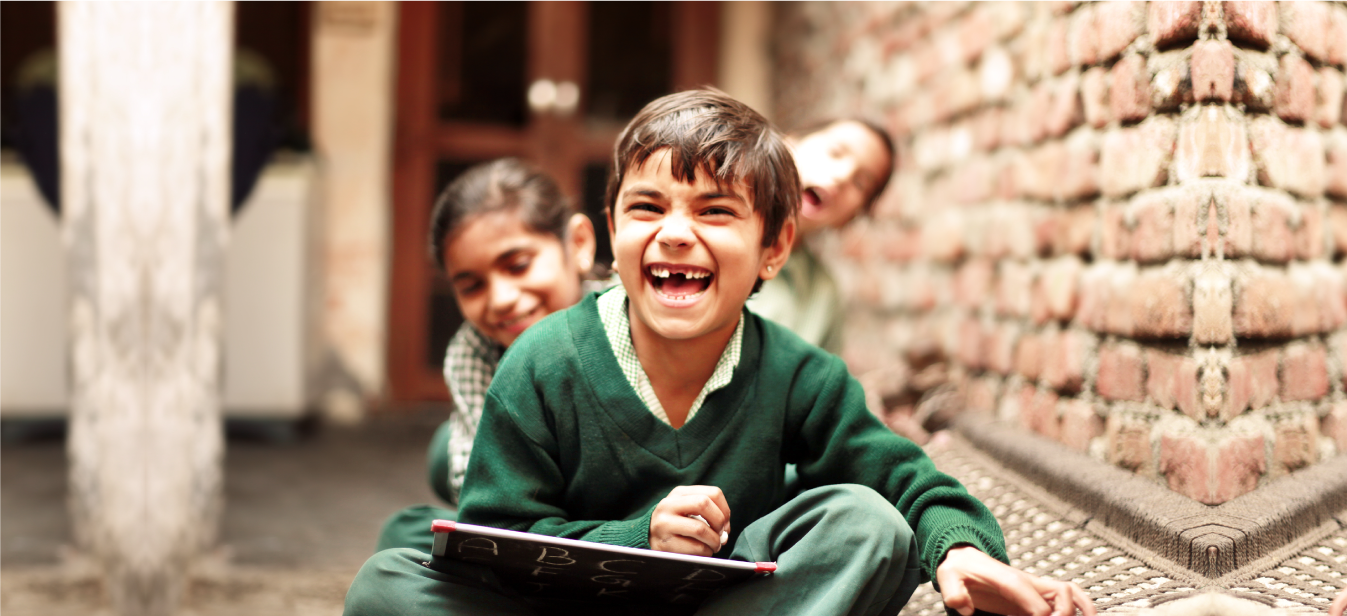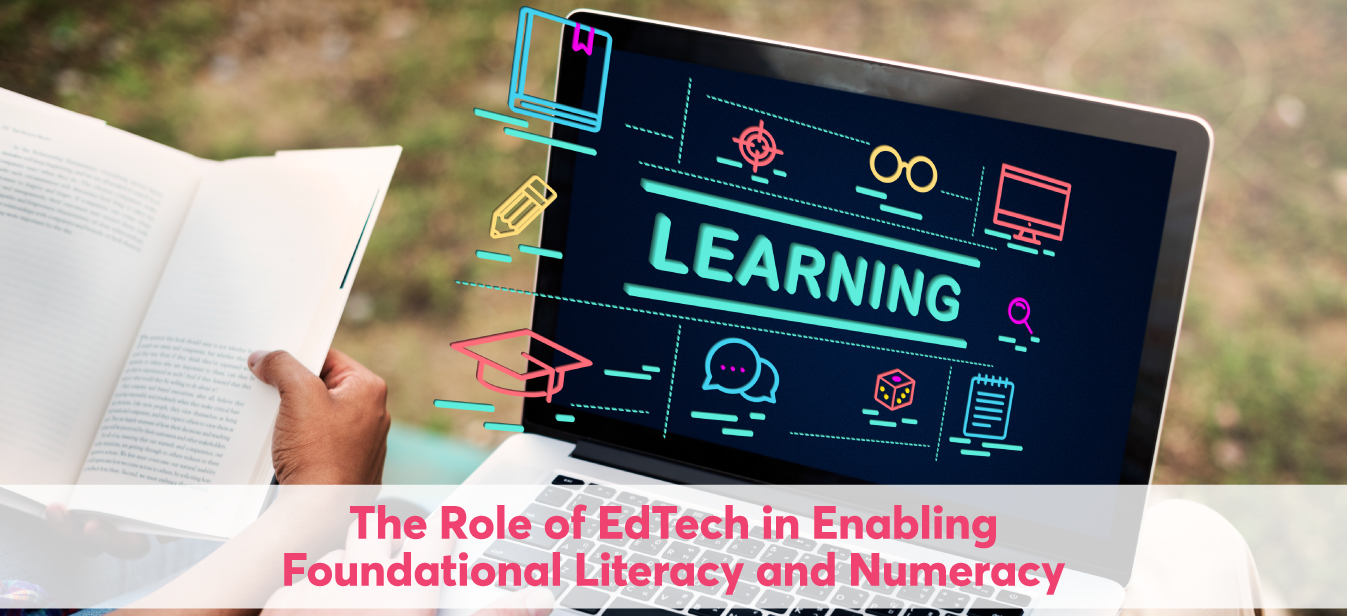India is a multilingual country with a high population rate which is accompanied by tons of limitations to resources. If we were to demand a sense of sustainability or uniformity in a resource, which one would you pick? Well, education would be our pick! It is one of the most important resources that can contribute to the success of a nation as a whole. Afterall, education is the foundation of any developing country’s future.
The educational sector keeps evolving to meet the needs of a forever evolving industry and national economy. However, one thing about the education sector that must remain constant is the access to foundational learning.
It isn’t news that the rural sectors of India have limited access to quality learning. But it is imperative that the children in these rural sectors have access to foundational literacy, which will help them identify letters and numbers to begin with. The diverse labour market of India demands primary education for social and economical development of the country.
The good news is that the education sector of India is going through a major transformation where the format of schooling will change and so will the teaching techniques. Besides, there will be a major shift in the curriculum to make the syllabus more interactive and activity-based to make children curious about learning. The main idea of transformation is to ditch the ineffective ways of learning, unproductive curriculum, and the conventional rote learning. However, the transformation doesn’t have a timeline, it is a continuous process that gradually takes shape.
Owing to this progress in the education sector, the National Education Policy 2020 makes Foundational Literacy and Numeracy an urgent and necessary prerequisite to learning. Besides the NEP 2020 also emphasises on giving mother tongue preference as a learning language. This will make education in rural India accessible and easy for children, which will drive them to further pursue education. This could also make learning a joyful experience for children that will potentially make them curious about new concepts and stories. We’re rooting for this transformation in education to take over soon.
To ensure the progress of the nation as a whole, it is imperative to target education in rural India and make learning accessible for them. It is children from these sectors that need utmost help and upliftment to be able to have a stable future. If children from these sectors had the ability to read and identify numbers, it could help them be self-sufficient and get better jobs in the future. They will no longer only have to work as labourers. This contributes to a major upliftment of the rural sector, which gradually will uplift the nation as a whole.
The NEP 2020 is inclusive of many educational aspects, it uplifts the curriculum, teachers, coordinators and teaching techniques to achieve effective result-oriented outcomes. The nation calls for an urgent need to receive quality education, it being the foundation of our collective future. India, our country may not have uniformity in the education resource but we as responsible citizens can bring about an effective change with our combined efforts; a change that is meant to last for years to come.
Square Panda India makes continuous efforts to uplift the education landscape of India. It hosts programmes in line with the NEP 2020 in rural districts of India to help provide access to quality education. Square Panda India is doing its bit in contributing towards a better future for the nation.


